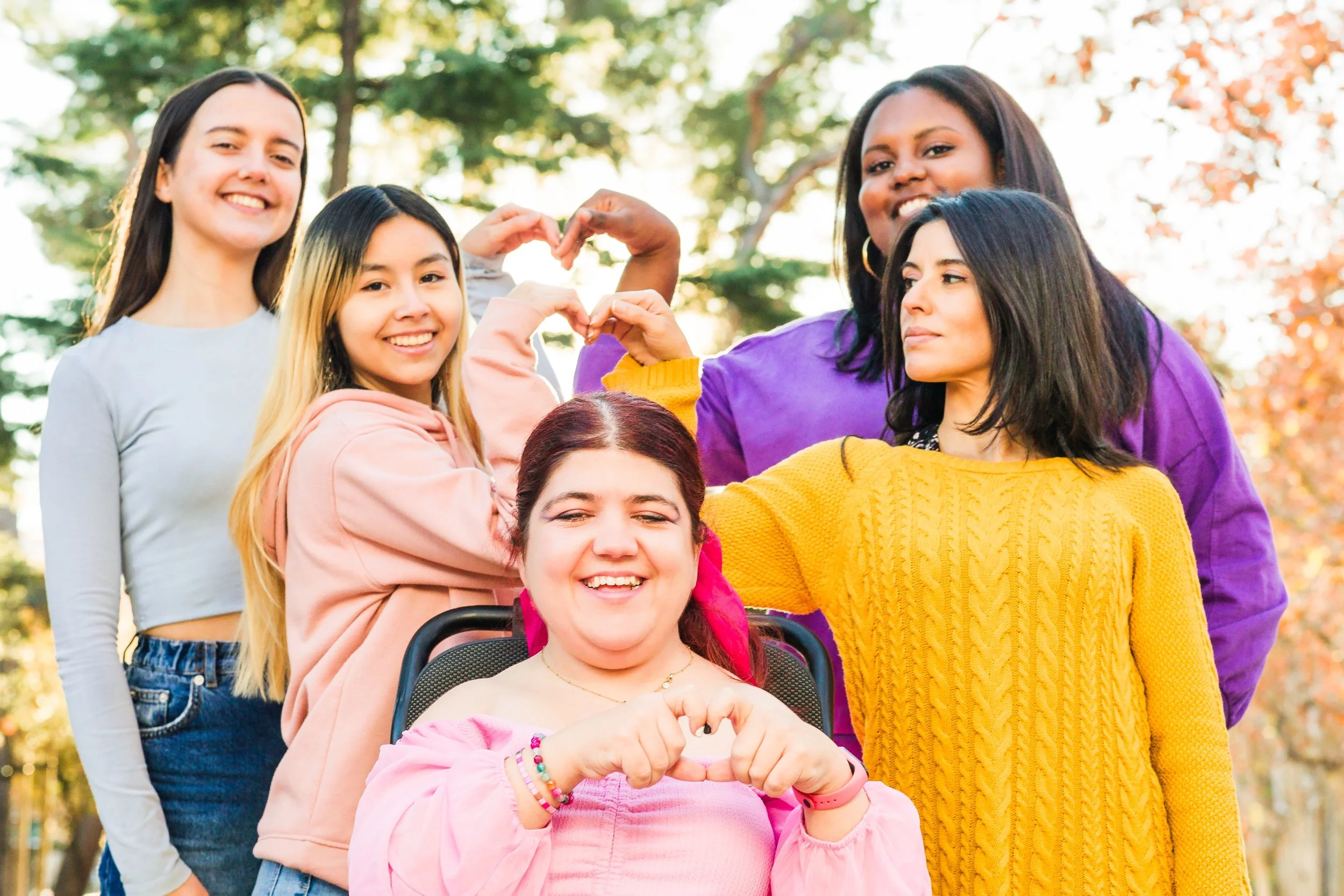
.
Living with neurodivergence can feel overwhelming at times. I offer support to help you find balance, reduce stress, and strengthen family connections.
Neurodivergence.
You may notice that focusing, managing emotions, or handling sensory experiences feels harder for you than it seems for others. Maybe communication or transitions feel overwhelming at times, or daily life leaves you and your loved ones feeling misunderstood or stressed. These experiences are part of what it can mean to be neurodivergent. While the challenges are real, so are the strengths you bring—your creativity, perspective, and unique way of moving through the world. With support, you and your family can find more balance, strengthen connections, and create space where you feel understood and valued.
I’m here for your family .
You’re allowed to honor yourself, your child, and speak up for what you need.
Families of neurodivergent children and young adults often face unique struggles, from navigating sensory sensitivities and emotional regulation to supporting social interactions and school or work demands. At home, this can sometimes lead to stress, miscommunication, or uncertainty about how best to help. As a parent of neurodivergent young adults, I bring personal insight and compassion in supporting parents and families. In therapy, the focus is on building a strong support system where parents and caregivers feel equipped with tools that foster understanding and connection. Together, we work on creating accommodations that reduce overwhelm, strengthening communication within the family, and developing strategies that honor the child’s needs while supporting the entire household. This process not only helps children thrive but also fosters a more compassionate, cohesive, and resilient family environment.
Working with Neurodivergent
Life with ADHD or Autism can sometimes feel overwhelming, especially when sensory overload, social challenges, or difficulties with focus get in the way of daily life. In therapy, we work together to explore what feels heavy, uncover your strengths, and find tools that make life more manageable. By creating coping strategies that truly fit who you are and by building on your natural resilience, you can begin to feel more confident, connected, and at ease in your own skin.
When all is said and done, here’s the thing:
You are more resilient than You Realize

Contact for a free 15 minute consult.
Questions?
FAQs
-
How can I best support and accommodate neurodivergent individuals in daily life, school, or work without trying to ‘fix’ them?
This usually reflects a desire to understand the balance between honoring unique ways of thinking/processing and providing practical supports for challenges like sensory sensitivity, communication differences, or executive functioning.
-
What are the best ways to create an inclusive environment?
How do I know which accommodations are actually helpful?
How can I support sensory needs without overwhelming others?
How Do I handle the stress of caring for loved ones whom are Neurodivergent?

